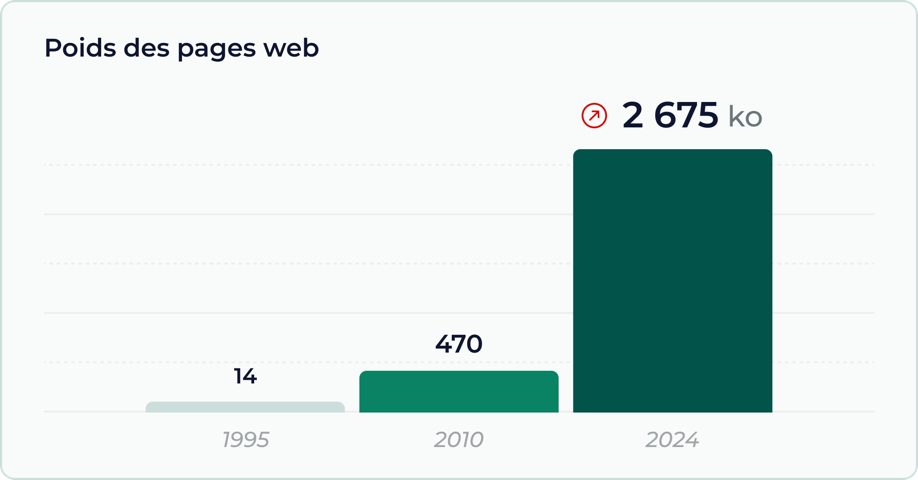In an era where digital technology is omnipresent, integrating responsible digital practices into sustainable development is more crucial than ever. Here are five essential keys to guide this integration:
1. Understand the Digital Footprint
Digital activities significantly impact the environment. In France, the digital sector accounts for approximately 10% of annual electricity consumption and 2.5% of the country’s carbon footprint. Globally, digital technology contributes to 3–4% of greenhouse gas emissions, surpassing the aviation industry’s impact. Recognizing and measuring this footprint is vital to implement more sustainable digital practices.
2. Promote Digital Accessibility

Ensuring that digital services are accessible to all, including individuals with disabilities, is fundamental. In France, 12 million people live with disabilities, and a significant portion of the population faces digital illiteracy. By incorporating accessibility standards from the design phase—such as using contrasting colors and intuitive navigation—we can create inclusive digital environments that cater to everyone’s needs, thereby enhancing social responsibility.
3. Adopt Eco-Design Principles
Eco-design involves integrating environmental considerations into the development of digital services. This includes optimizing interfaces and reducing content size to minimize environmental impact. The General Reference for Eco-Design of Digital Services (RGESN) provides criteria to help stakeholders design more sustainable digital services.
4. Enhance User Experience (UX)
A well-designed user experience not only increases user satisfaction but also reduces environmental impact. Simplified and efficient interfaces lead to quicker information access, decreasing page load times and energy consumption. For instance, Google’s minimalist homepage design focuses solely on search functionality, resulting in a lighter page compared to more cluttered alternatives.
5. Embrace Digital Sobriety
Digital sobriety encourages re-evaluating our use of technology. This includes limiting the frequent renewal of devices and opting for low-tech solutions when possible. By adopting a more responsible approach to digital consumption, we can significantly reduce our environmental footprint.


